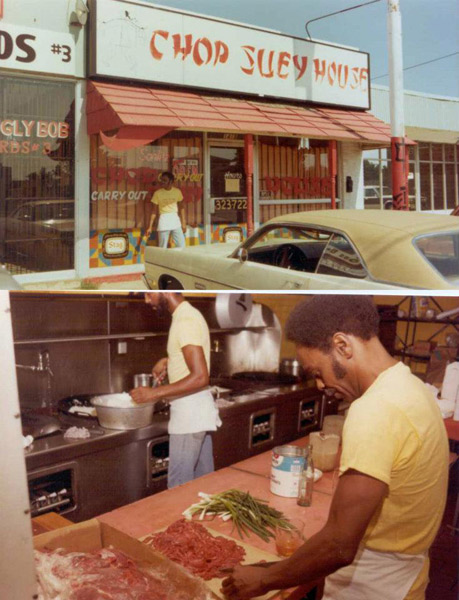

Yet "low-key" could be hardly said of the press that had gathered for Clarence Adams at the Foreign Correspondents' Club, Hong Kong. He was bombarded with questions over a broadcast he had made the year before, through the Beijing office of the Vietnam National Liberation Front, to black Americans fighting the Vietnam War.
"You are supposedly fighting for the freedom of the Vietnamese, but what kind of freedom do you have at home, sitting at the back of the bus, being barred from restaurants, stores and certain neighborhoods, and being denied the right to vote?" he said in the broadcast.
Platt dealt with three "defector families" during his stay in Hong Kong, the other two being those of William White and Morris Wills, both of whom left the previous year. According to him, "these men returned home without fanfare and blended quietly into Mid-America", with the exception of Wills. Wills later wrote highly negatively about China, before he received a fellowship from Harvard and landed a job at Utica College in New York.
"Without fanfare"? Yes, if one does not count the relentless media hunting. "Blended"? No way. Calling the first few years in Memphis "the worst of my times", Della Adams was subjected to bullying "from the 3rd grade all the way to junior high" by her fellow students, most of them black.
"It never stopped," she said. "I got into at least one fight every week, because I looked different," said Adams, who at the time "always wore two pony-tails on the side of my head, trying to look as inconspicuous as possible".
"I didn't get hurt by racism from the white people until much later because I lived in a black neighborhood and went to a black school. Later I went to college and oh my God…"